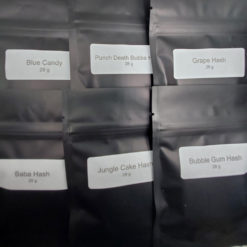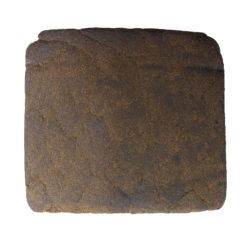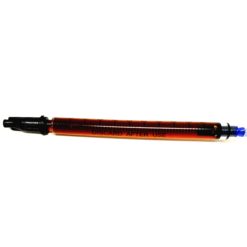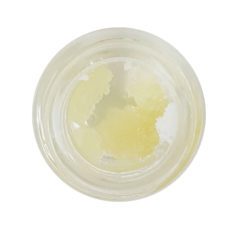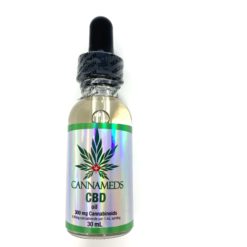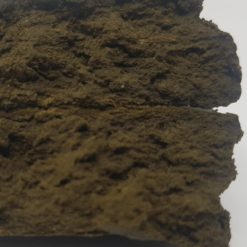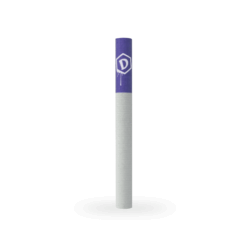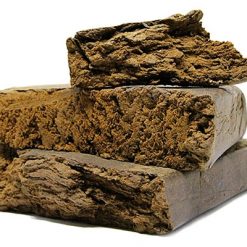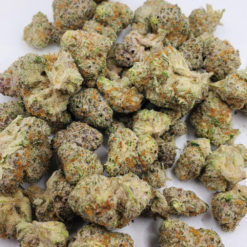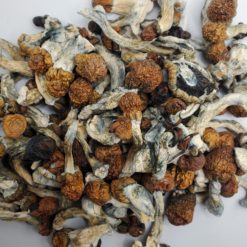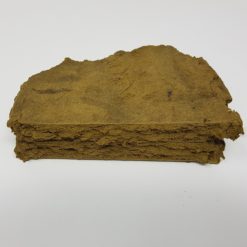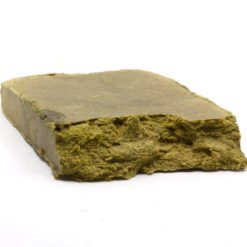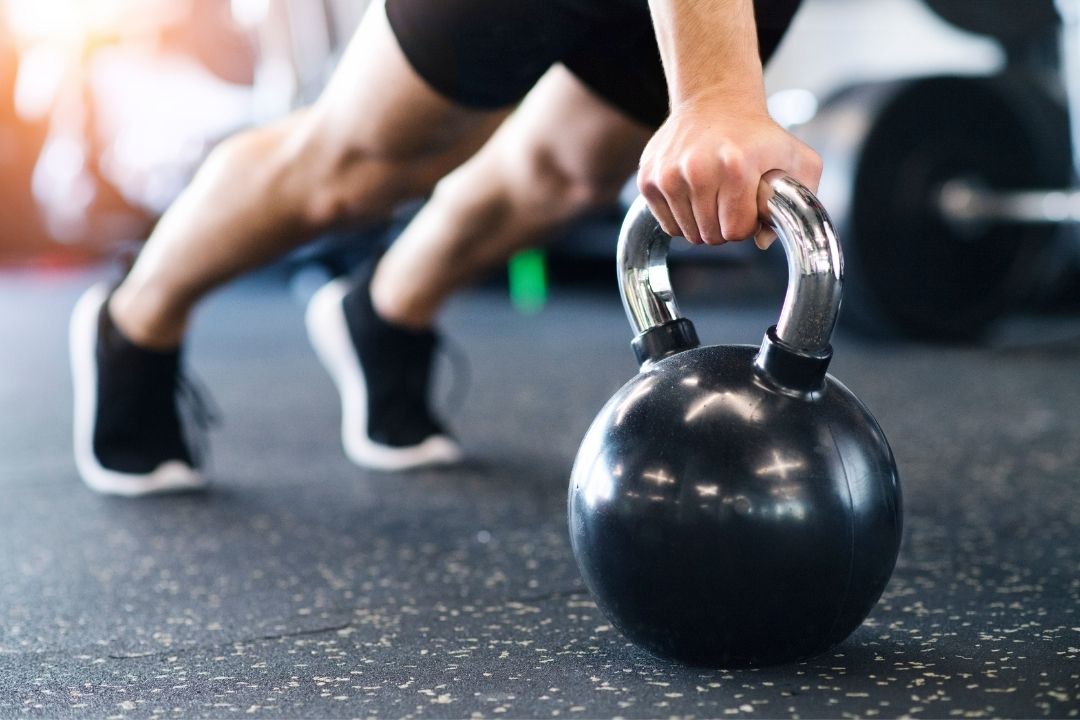Cannabidiol (CBD) is the second most well-known cannabinoid found in the cannabis plant, the first of course being THC. CBD is also generally the second most present cannabinoid in cannabis plants.
While there is still a ton of research to be done on these compounds, what we know about CBD is that it does seem to have a beneficial effect on tweaking various responses in the body.
For the purposes of exercise and fitness, the most notable effects seem to be those on inflammation reduction, nerve signalling, and sleep/recovery quality.
Let’s quickly go over each one.
Note: THC on the other hand doesn’t seem to have any effect on exercise or performance. In fact, most studies seem to show a negative correlation because motivation and energy production in the brain on moderate to high doses of THC seem to decrease, not increase.
Inflammation Reduction in Muscle Strain
One of CBD’s most well-known and talked about properties is its ability to reduce inflammation pretty much across the whole body, but especially in soft tissues like muscles.
When we train, our muscles form micro tares and as a result, become inflamed with each successive tare. Inflammation is a good thing in healthy amounts when it comes to building muscle because the body needs that signal to grow, but if swelling gets to be problematic, it leads to faster muscle fatigue and longer recovery time.
With CBD, there seems to be an effect on the CB2 inflammatory pathway, which regulates inflammation. According to a Mind Pump Show viewer question, there isn’t a direct link between CBD and training as of yet, but CBD’s anti-inflammatory properties may have a positive effect on reducing over-inflammation in some people, but only by taking 30-60mg of it before bed.
As research continues, we hope to see more data on this in the near future.
Nerve Signaling Speed and Efficiency
Another discovery that may be useful in the realm of bodybuilding in relation to CBD is the neuroprotective and antioxidant effects it has on the brain.
From a recent study looking at CBD tests on lab mice, “Collectively, the present results demonstrate that short-term CBD treatment results in global functional recovery in ischemic mice and impacts multiple and distinct targets involved in the pathophysiology of brain ischemic injury.”
CBD is known to help treat various severe neurological conditions like Parkinson’s, but this new data may help shed some light on how CBD might help protect and stimulate neurons to better learn and retain the memory of new adaptations of muscle functioning.
Sleepy Quality and Time Frame Recovery
This last but noteworthy property of CBD to cover in the context of training is its effectiveness on recovery and sleep quality.
A major driving factor in poor sleep in the modern age is anxiety. CBD seems to help reduce anxiety in most individuals according to some published studies. It also doesn’t seem to have the effect on poor sleep quality that THC in higher doses seems to have in terms of affecting deep restful sleep, and REM sleep.
Sleep is THE most important thing to protect for bodybuilding and muscle recovery. Without sleep, and in proper amounts, there isn’t a whole lot of tissue growth that will happen since all healing and growing happens at its most effective while we sleep.
Conclusion
There is a great deal more research to be done on CBD to know if it is truly impactful on muscle building. But early data around the health benefits outside of the bodybuilding environment is promising so far for inflammation control, neural health, and sleep quality.
Want to try CBD for yourself? Visit our CBD store and see which product we have in stock best suits your needs.
Reference links
–Cannabis: Exercise performance and sport. A systematic review
–Cannabidiol in sport: Ergogenic or else?
–Impact of Cannabis/ CBD on Exercise Recovery and Adaptation
–The CB2 receptor and its role as a regulator of inflammation
–Ben Greenfield on CBD, Hacking your Brain, Science and the Bible, Anti-aging, and more!
